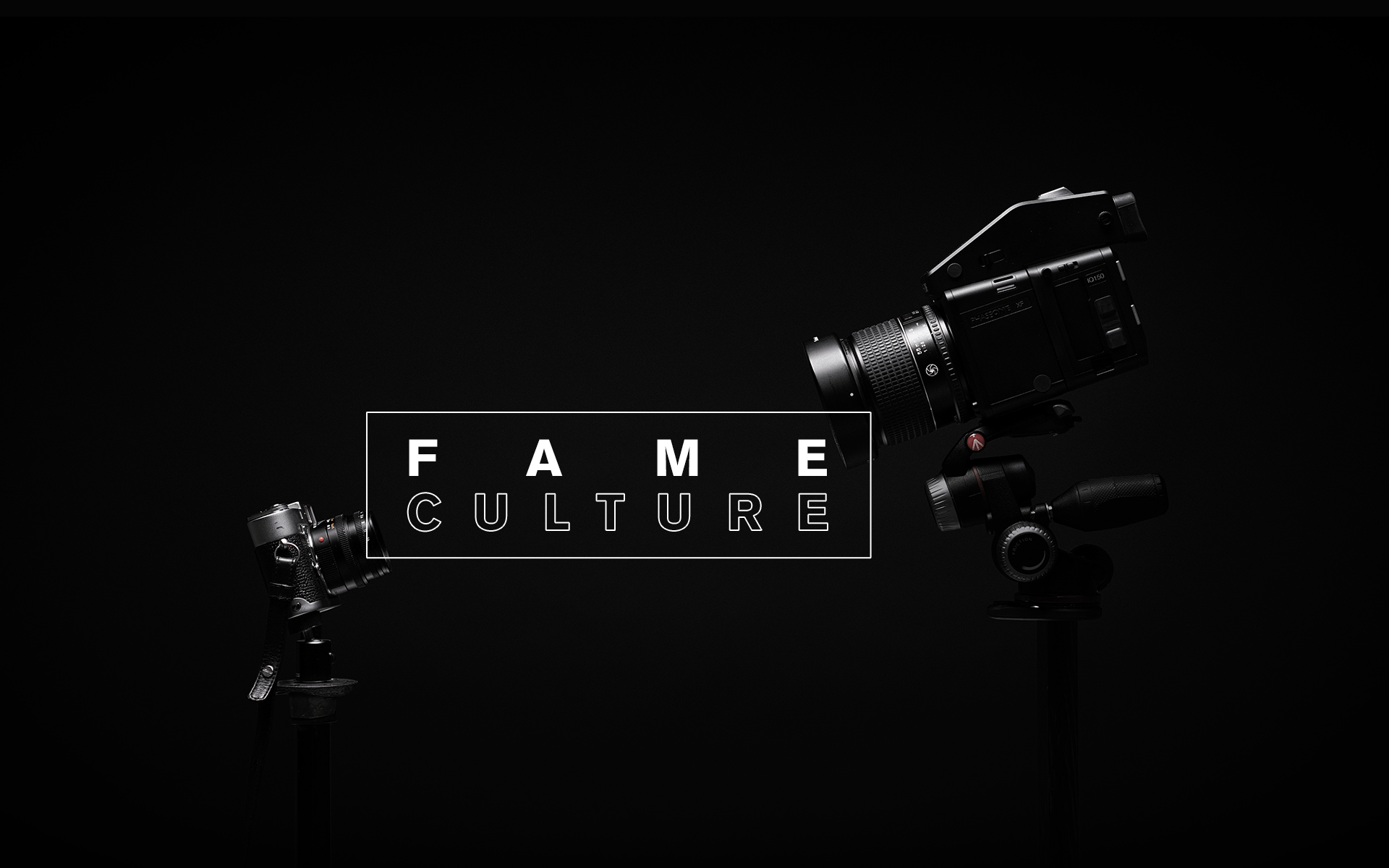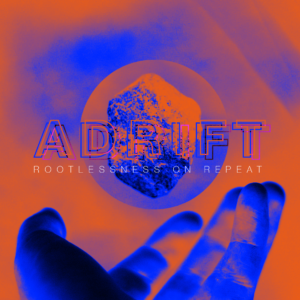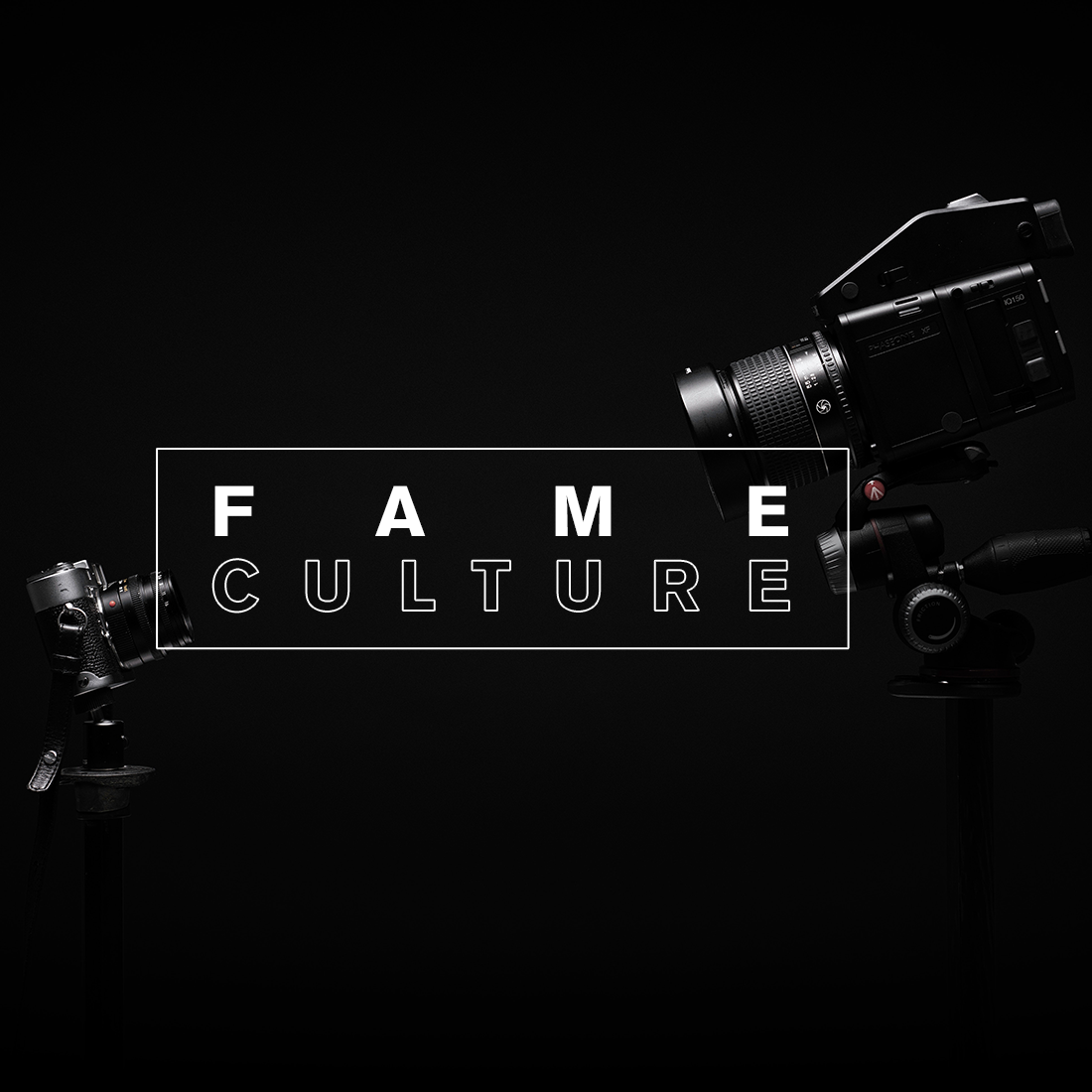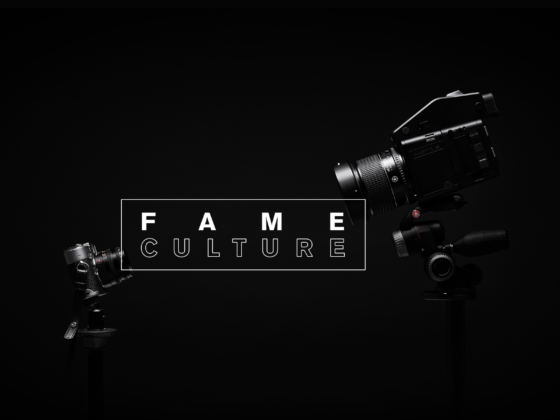KYRA JONES
Hello.
My name is Kyra Jones and I am trash.
People who know me may have a puzzled look on their face while reading this intro (although some might be snapping their fingers in agreement). If you ask someone about me, you might learn that I’m a sexual violence prevention educator. A rape crisis counselor. A domestic violence advocate. An intersectional feminist. A filmmaker who champions the underrepresented. I’ve volunteered for hospitals and nonprofits. I donate money to charity and throw my friends cash for food when they’re struggling. I’m sex-positive and body positive. I eat racists, misogynists, homophobes, transphobes, and other online bigots for breakfast. I brush my teeth twice a day and eat my leafy greens. I call my grandmother. All things that would presumably make someone a decent person, right?
But according to the Internet, I am definitely trash. A big ole bag of drippy, smelly, disgusting, what-the-hell-is-all-this-moldy-stuff-in-the-back-of-my-fridge TRASH. I should have been #Canceled a long time ago. Come to the #KyraJonesIsOverParty! I’m throwing it. There’ll be charcuterie.
If you dug back far enough into my social media history, back before I became politicized (or what some people might call “woke”), you would find plenty of cringe-worthy, problematic posts. I avoid looking at my Facebook memories to spare myself the personal embarrassment. But while I don’t have screenshots to share, I definitely remember making the occasional rape joke in high school. I used to shame women who chose to wear weaves and makeup. I didn’t fully understand what transgender meant or that “tr*nny” was a slur until college. The list of idiotic things I said and believed is long enough to make any SJW throw their computer. Basically, if I ever become famous, I will burn all of my social media and pay to have my friends’ minds wiped, Men in Black style.
But I’m not famous, so luckily no one is spending their time fine-combing through my tweets for a reason to throw me in the Internet Dumpster yet. But Cardi B, Chrissy Teigen, Trevor Noah, and countless other celebrities have been #Canceled in recent years for problematic things they’ve said in the past. Usually the outrage lasts a few days and we get distracted by a cat video or the color of a dress, but sometimes we unsubscribe from people permanently. You’d be hard pressed to find anyone who hasn’t posted, tweeted, snapped, Instagrammed or even outright thought or spoken something offensive or hurtful at some point. So are we all headed to the landfill of Human Garbage together? How does Cancel Culture work? Or is it working at all?
No one comes out of the womb woke and each of us has a different journey to unlearn harmful beliefs and behaviors.
If you’re one of those lucky weirdos who “doesn’t do social media,” you might be wondering what I am talking about. What does #Canceled mean? How do you cancel a person? Is it similar to what we do with TV shows? Or is it a euphemism for MURDER?!
Before you get the bleach, being #Canceled is much closer to jumping the shark than it is to homicide, unless you count potentially killing someone’s career as manslaughter. A #Cancel occurs when someone, usually a celebrity or a person with power and status, says or does something offensive. As a response, social media users bring amplified attention to the situation and demand that the public and corporations stop supporting the offending celeb, cutting them off from their resources and their platform. While no one is safe from the wrath of social media, celebrities that usually suffer the most from Cancel Culture are the ones that we least expected to do or say something racist, transphobic, xenophobic, or otherwise problematic — the ones we considered #woke up until that point. Some recent examples include: when an old video surfaced of Cardi B using a transphobic slur — #Canceled; when a woman came forward about a non-consensual experience she had with Aziz Ansari – #VeryCanceled; when Kanye West wore a MAGA hat and said that “slavery is a choice” – #SUPERFuckingCanceled.
Why Charlamagne Tha God Cancelled On Kanye | Source: © The Late Show with Stephen Colbert/YouTube
Some #Cancels are more successful than others — for most folks, it’s a brief trend of angry tweets for a day or two until people get distracted by cat videos again, but in some cases, celebrities’ reputations are permanently altered. Some even lose social media followers, endorsement deals, recording contracts, television roles, and more.
Before I go into my critiques of Cancel Culture, I just want to say that there are some people who need to be fucking canceled, particularly the abusers that have been bravely outed by the #MeToo movement. R. Kelly should have been taken to the dump decades ago and Harvey Weinstein can live with the rats. Cutting abusers off from the platform and money they use to harm people is important, and raising awareness through social media has been an instrumental part of making this happen in several cases. You can’t separate the art from the artist when their art is what they use to get the resources to abuse without consequences. In addition, there are other people who repeatedly say and do bigoted things and never seem to actually do better — chronic apologizers like Lena Dunham. Dragging someone over and over is actual labor. That shit is tiring. Sometimes you have to just #Cancel them and rest your arms. Also Nazis. Fuck Nazis.
But what about when someone we admire makes a one-off statement that makes us throw some side-eye? Or when we find an old post that doesn’t reflect what someone claims to stand for now? Whether it’s a celebrity, a friend, a coworker or a family member, how do we decide who to keep and who to cancel?
In today’s race to prove who is the most #Woke, we often forget that we are all born into a world of rape culture, systemic racism, ableism, and other forms of oppression.
What the “Expose” of David Dobrik Actually Reveals About Cancel Culture | Source: Psych IRL/YouTube
The issue with Cancel Culture is that it embraces disposability instead of demanding accountability. It’s easier for us to just throw someone away after they do something racist, sexist, or otherwise problematic than it us for us hold them accountable to apologize, learn, and change that behavior. Calling someone in is a lot harder (and usually less fun) than calling them out. In addition, most of the time, we get collective amnesia and go right back to listening to the person’s music, watching their movies, or cheering them on at sports games, regardless of whether they have a sincere apology or tried to change their behavior. Most people get #UnCanceled, not because they did the work to right their wrongs, but due to a mix of time, distraction, and apathy.
In today’s race to prove who is the most #Woke, we often forget that we are all born into a world of rape culture, systemic racism, ableism, and other forms of oppression. No one comes out of the womb woke and each of us has a different journey to unlearn harmful beliefs and behaviors. I’m personally fortunate enough to have had access to education, resources, and friends who call me in when I fuck up. My knowledge of oppression, feminism, and social justice grows every day. But I know not everyone can afford to take Gender Studies classes. A lot of folks don’t have college educated parents who email them The New York Times articles daily. And most people aren’t friends with dozens of educators and political organizers. My privilege has afforded me a lot of advantages and helped me to change quickly and for the better. It seems unfair to throw away someone who might have been further along in their learning process if they had been dealt a better, different hand. Those old Facebook statuses I avoid serve as a reminder of where I might still be if I didn’t have help getting to where I am now socially and politically. And I still have more to learn.
However, that’s not to say that we are always responsible for doing the emotional and intellectual labor of educating everyone who does something fucked up, especially celebrities or randos on social media. A huge component of true accountability is taking personal responsibility. Along with all of the horrible things the internet brought us, like Men’s Rights Activists, rickrolling, and Donald Trump’s tweets, the World Wide Web has also given us free access to tons of information and educational resources that previously might have only been available in universities. Knowledge is just a few keystrokes away! When we do or say something oppressive or harmful, we need to take it upon ourselves to unlearn on our own instead of demanding to be taught, particularly by the people who were hurt by our actions. Forcing a black person to give you a lecture about racial justice while they’re still recovering from the racist shit you just said is not the move. And if someone is kind enough to take the time to teach us, we need to see that as a gift and listen instead of taking it personally and getting defensive.
The issue with Cancel Culture is that it embraces disposability instead of demanding accountability.
Aziz Ansari is a good example of celebrity who has turned their #Cancel into a positive learning experience. After an article came out in 2018 detailing how Ansari continuously pressured a date to have sex with him after she had made it clear she was uncomfortable, Aziz was dragged up and down social media. The public was particularly outraged because Aziz had built much of his career off of his feminism, even tackling the topic of sexual harassment in his show Master of None. However, instead of blaming the victim or spinning her side of the story to work in his favor, Aziz confirmed that what had happened was true and took a step back from the spotlight to reflect. Earlier in 2019, Aziz did a secret show where he addressed his sexual misconduct head on, saying that he hopes the public callout was “a step forward” and “if that has made not just me but other guys think about this, and just be more thoughtful and aware and willing to go that extra mile, and make sure someone else is comfortable in that moment, that’s a good thing.”
Aziz Ansari opens up about sexual misconduct allegations | Source: © ABC News/YouTube
We’ve all been trash at some point, but some of us just got recycled. If we think twice about throwing away a water bottle, shouldn’t we do the same with people? The shift from Cancel Culture to accountability will be a long process, but recycling isn’t just good for the environment, it’s also good for social justice.
Until then, I’ll be in the dumpster deleting my tweets.





